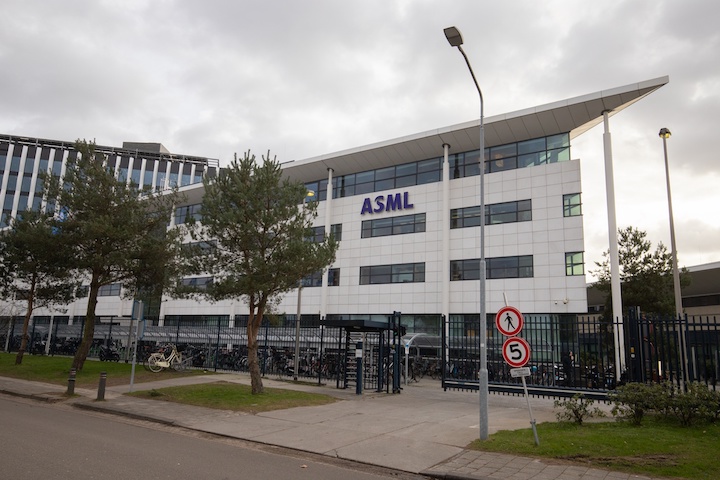The Netherlands proposed reinforcing coordination among European Union member states to better implement export controls as the bloc applies a new economic security plan to limit sales of sensitive technologies to China.
The Hague called for closer cooperation from the earliest stages of any new restrictions, including the possibility of establishing co-sponsored national control lists, according to a draft document seen by Bloomberg News.
It follows an episode last year where Dutch authorities sprung limits on exports of equipment from ASML Holding NV — a manufacturer with a near-monopoly on the machines needed to make advanced semiconductors — and European governments declined to follow step.

The proposal, to be submitted to the Dutch parliament on Thursday, aims to improve the implementation of the Dual-Use Regulation, a key instrument aimed at boosting the EU’s economic security. The measures wouldn’t require any legal changes and national governments would retain their authority in this field rather than Brussels, a factor that has hindered closer cooperation at the EU level.
The Dutch government came under the spotlight after the US pushed it last year to adopt restrictions on certain chip-making machines to clamp down on China’s access to critical semiconductor technology. Washington continues to press allies, including the Netherlands and Germany, to further close gaps in the controls aimed at restraining Beijing’s progress in bolstering its domestic chip-making capabilities.
Citing the impact of “uncontrolled export controls of advanced technology,” the need to avoid fragmentation within the EU and the country’s recent experience with ASML, “the Netherlands would like to constructively engage in discussions with EU partners about improving the coordination in the European export control framework,” the document says.
The proposal includes steps for enhancing cooperation during the orientation phase and the design of the control measures, as well as their publication and implementation. It also supports the idea of high-level export control meetings to facilitate strategic discussions on restrictions of sensitive technologies in the EU.
Among the ideas put forward, the Netherlands suggested sharing the problem analysis prior to a member state initiating a national control list and to explore if there is a common sense of urgency or interest to jointly establish national controls.
It also proposed regular updates with other EU governments during the drafting phase, so they could better assess their interest in establishing their own national control lists.







